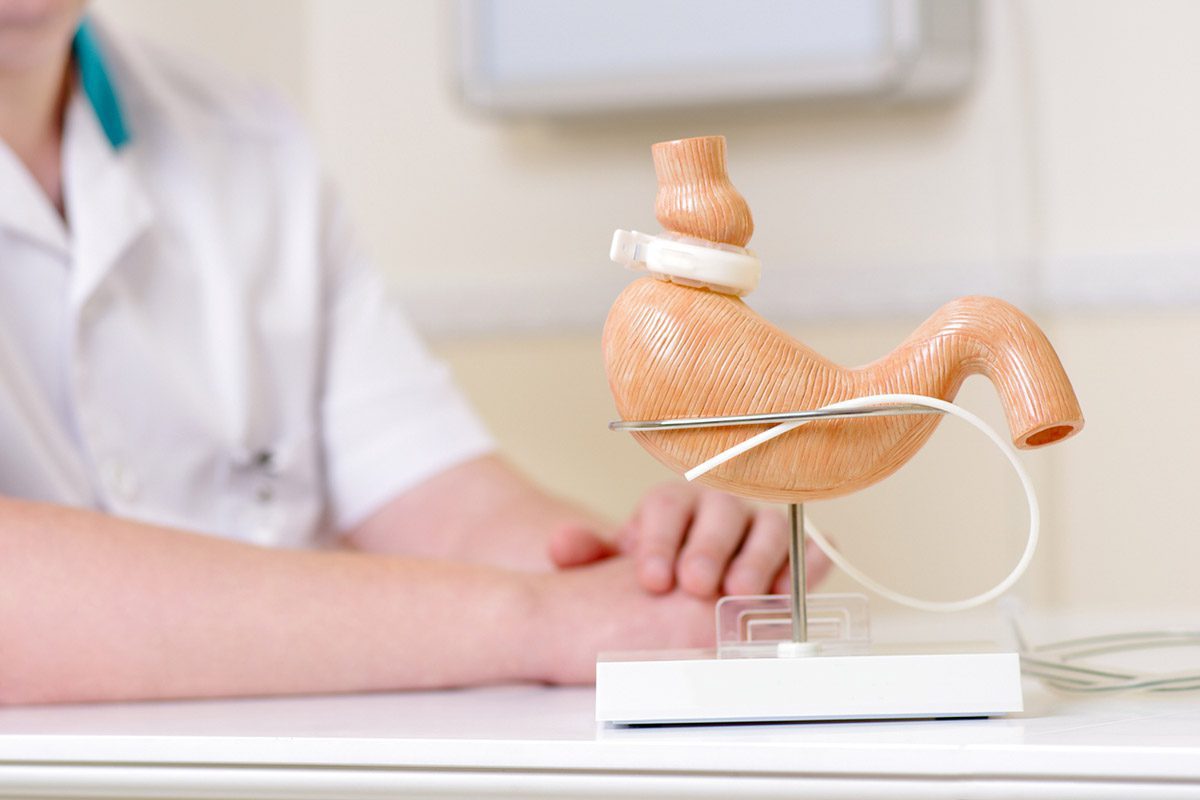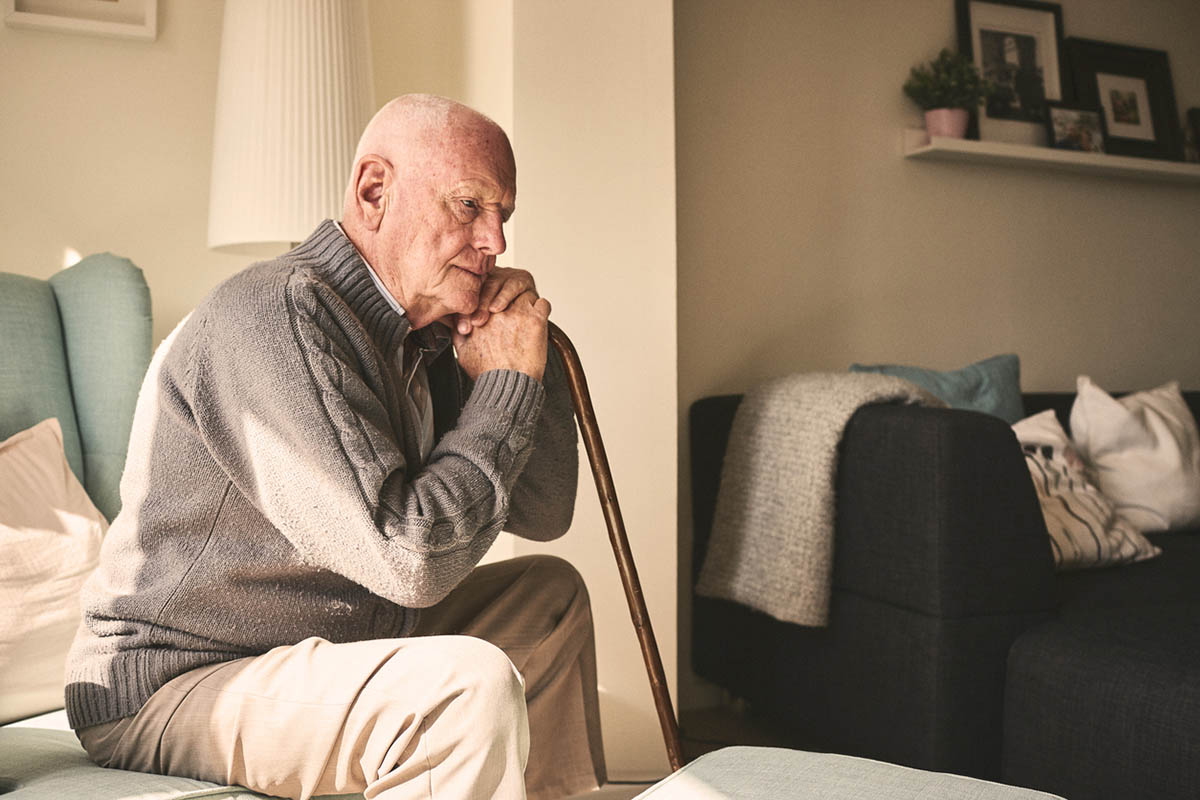Dr Levitan and Colleagues Reply
To the Editor: We appreciate the important point raised by Drs Markowitz and Meehan that self-reported attachment scores are likely to be confounded by state effects; ie, currently depressed individuals might be expected to report poorer social functioning at many levels, including interpersonal attachments. To address this, they recommend a second set of analyses with subjects after symptom remission.
In our study, a subset of 28 women (17 with melancholia and 11 with atypical depression) was administered the Adult Attachment Scale both at baseline (ie, in the depressed state) and after remission, defined as the patient reporting minimal symptoms for a minimum of 12 weeks, no longer meeting diagnostic criteria for major depressive disorder, and having a Hamilton Depression Rating Scale 17-item score less than or equal to 10. All 28 subjects were taking part in a study of cognitive reactivity and the prediction of depressive relapse headed by Dr Segal.1 Based on the comments of Drs Markowitz and Meehan, we examined 3 questions in this small subsample as described below:
1. Are attachment scores inflated by the state of depression? Attachment subscale scores at baseline and after remission are summarized in Table 1. Three paired t tests were performed on secure, anxious, and avoidant attachment scores collected at these 2 time points. Results indicated that when all subjects were considered together, both anxious and avoidant attachment scores were significantly lower when subjects were in remission than when they were depressed (for anxious attachment: paired t27 = 2.09, P = .046; for avoidant attachment: paired t27 = 2.40, P = .024). No significant difference was seen for secure attachment in the depressed versus euthymic state. These results suggest that anxious and avoidant attachment scores are inflated by the state of depression, as Drs Markowitz and Meehan predicted.
2. Are self-reported attachment scores correlated from depressed state to posttreatment remission? Zero-order correlation analyses on the entire sample showed this to be the case, with security scores correlating at r = 0.38 (P = .045), anxious scores at r = 0.74 (P < .0005), and avoidance scores at r = 0.65 (P < .0005). Thus, although scores are significantly higher in the depressed state than in the remitted state, the standing of subjects in relation to one another remains the same regardless. This is particularly so with respect to anxious attachment scores and indicates that the associations we originally reported between atypical depression and anxious attachment were not likely an artifact of mood state.
3. Do remitted atypical patients report more anxious and less secure attachment than do remitted melancholic patients? T tests (1-tailed given direction of hypotheses; equal variances not assumed given Levene’s test for equality of variance results) indicated that individuals with remitted atypical depression reported more anxious attachment than did individuals with remitted melancholic depression (t26.65 = 1.59, P = .06; r = 0.28). There was no significant difference between groups with respect to attachment security. These results further support our conclusion that the association between atypical depression and attachment anxiety was not attributable to state depression. On the other hand, the low level of secure attachment in atypical subjects appeared to be strongly influenced by current mood state.
To summarize, attachment scores are influenced by mood state, such that actively depressed individuals, independent of subtype, report more anxious and avoidant attachment.
However, correlations between attachment scores assessed pretreatment and in remission were all significant, and the correlation for anxious attachment was particularly high. Moreover, individuals remitted from atypical depression reported more anxious attachment than did remitted melancholic patients.
Ultimately, the goal of our larger article was to point out several theoretical overlaps between the atypical depression literature and the attachment literature, and to provide preliminary data to support this overlap in actual clinic patients. For the most part, these findings are replicated with this small sample assessed in both depressive and euthymic states. We were not able to replicate findings with respect to attachment security, however. Going forward, several lines of study will be needed to further support or refute our model, including longitudinal studies of high-risk infants
using observational measures of attachment. Adult studies using the Adult Attachment Interview, which taps into early developmental schemas, will also be of great interest in this regard.
Reference
1. Segal ZV, Kennedy S, Gemar M, et al. Cognitive reactivity to sad mood provocation and the prediction of depressive relapse. Arch Gen Psychiatry. 2006;63(7):749-755. PubMed doi:10.1001/archpsyc.63.7.749
Author affiliations: Department of Psychiatry, University of Toronto (Drs Levitan, Kennedy, Chopra, and Segal); Mood and Anxiety Division, Centre for Addiction and Mental Health (Drs Levitan, Chopra, and Segal; Ms Pedersen; and Mr Buis); Department of Psychology, Ryerson University (Dr Atkinson); Toronto General Hospital, University Health Network (Dr Kennedy); Department of Psychology, York University (Ms Pedersen), Toronto; and the Department of Psychology, University of Western Ontario, London (Dr Leung), Ontario, Canada. Financial disclosure: The authors declare no conflict of interest related to this reply. Funding/support: None reported.
doi:10.4088/JCP.09lr05363a
© Copyright 2009 Physicians Postgraduate Press, Inc.




